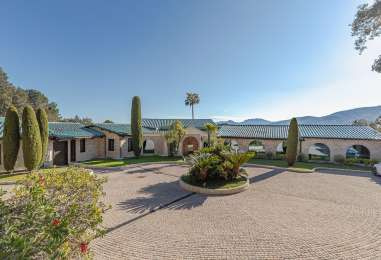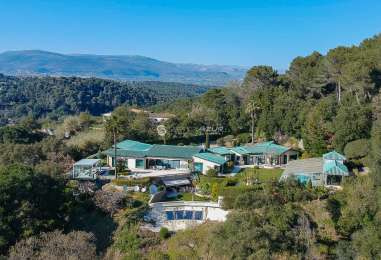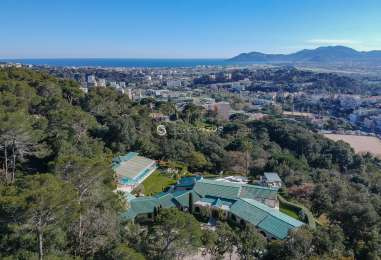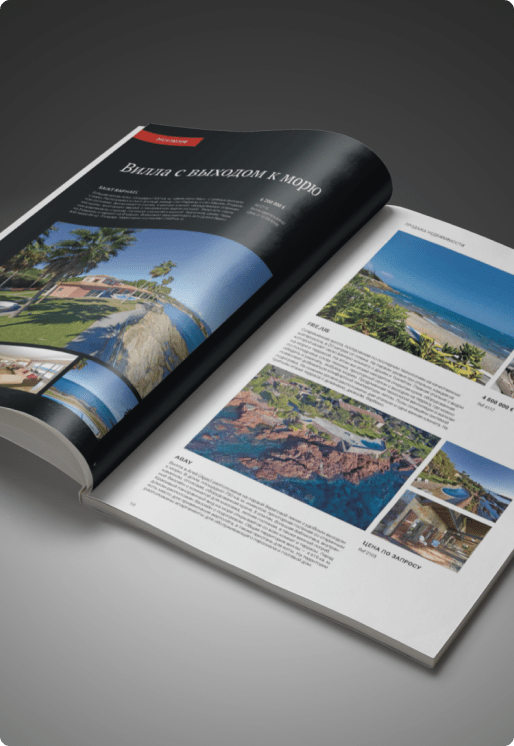














- Home
- Real Estate
- Spacious villa in Mougins
Spacious villa in Mougins
Big modern villa with living surface of 320 m², located in the prestigious Mougins, in a living area, 5 min walk from shops, restaurants and transport. The house offers five bedrooms (master suite with dressing and full bathroom) and four bathrooms. Open-plan living –room and dining area with a modern fully equipped US-kitchen create a pleasant space for living. The villa is distributed on one level, although there is a convenient mezzanine where an office can be installed, and a professionally equipped cinema hall! Air conditioning throughout, big basement (100 m²), triple garage and double outdoor parking. The villa is sitting on a flat land plot with nice lawns, large swimming pool, double BBQ, summer kitchen with bar and pizza oven. Ideal solution for a big family. Rent during school holidays - 3900 EUR/ week Rent during Cannes Film Festival - 9100 EUR / week







































Step-by-step guide to the homebuying process :
- Select properties and ask to organise viewing
- Visit selected properties and choose a home to buy
- Have the house inspected and ask for energy performance rating
- Make an offer. Present it to the seller and reach agreement on the price.
- Sign a promise deed – Compromis de vente
- Make a down payment of 5-10% of the sale price
- Consider your financial options, ask for mortgage
- Wait for the notary to check the transaction cleanliness
- Pay a 100 % of the amount
- Sign a sale deed and get the keys to your new home
- Get legal documents, registered in the French Land Registry, from the notary
- Register utilities and insurance policies of your new home in your name
These reports inform the buyer about the state of the property but do not constitute a guarantee of its perfect condition.
For a detailed overview, see our guide: Property Sales in France: Mandatory Technical Inspections
56 bis, av de la Lanterne
06200 Nice, France
+33 4 93 29 84 25
9:00 – 18:00
Nice, France (GMT +2)








